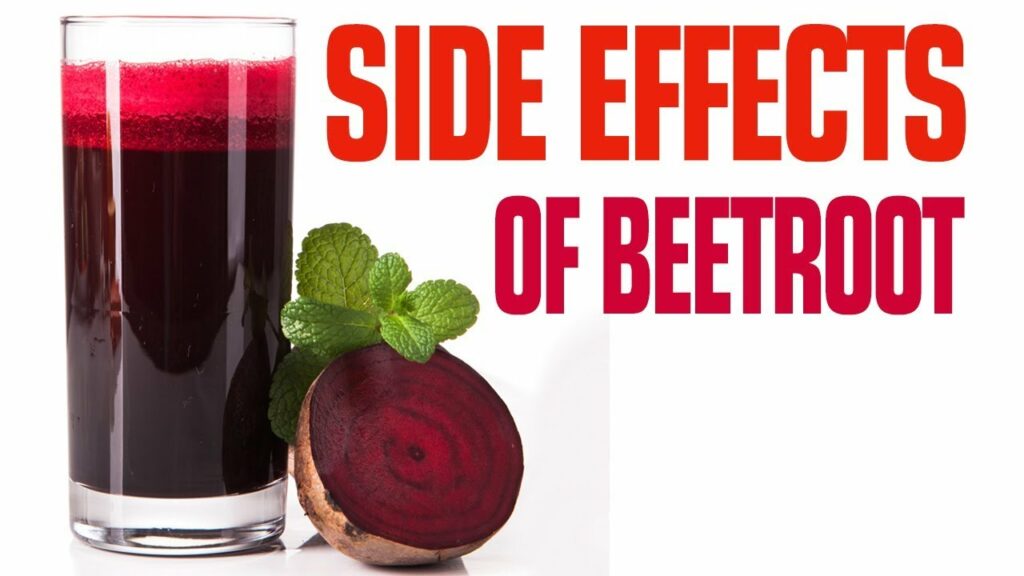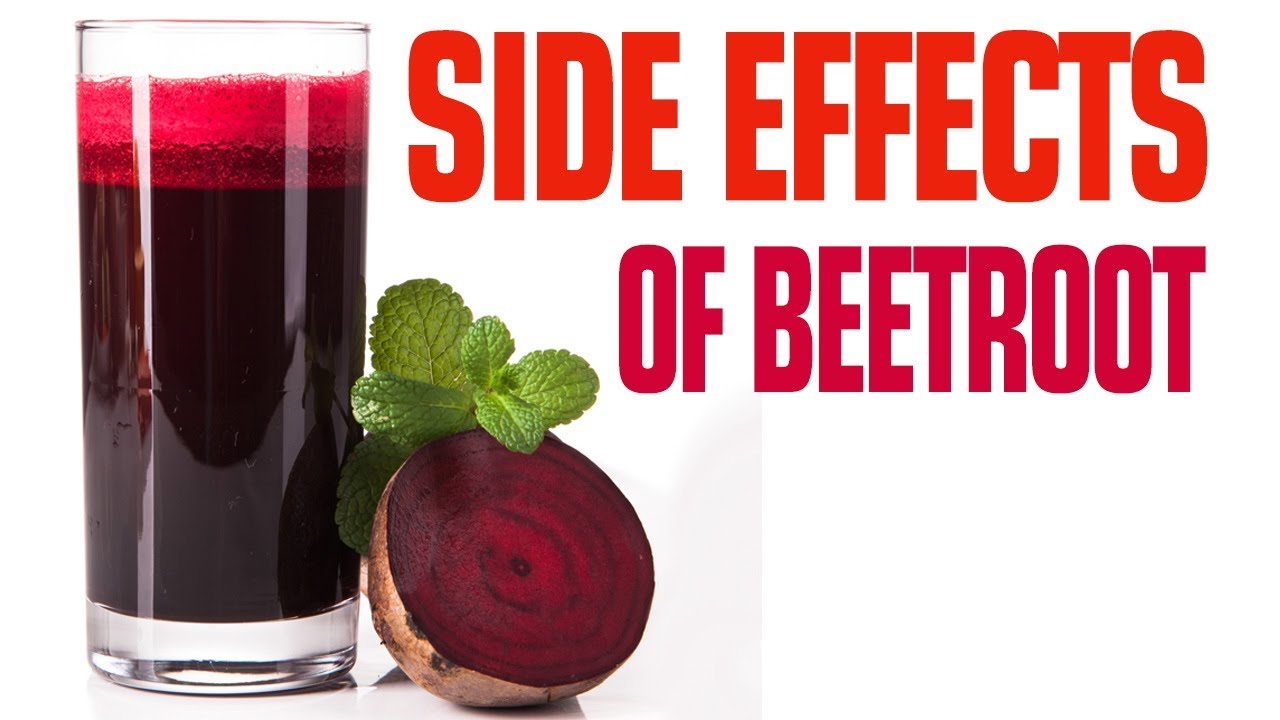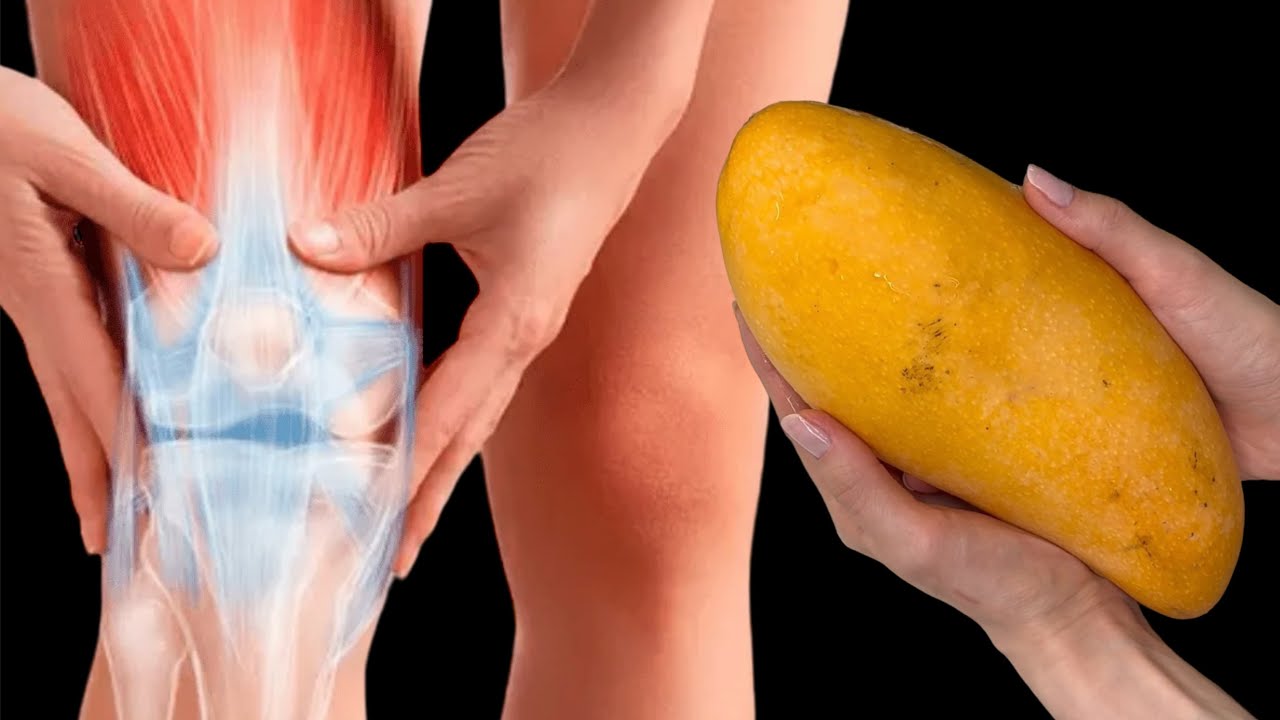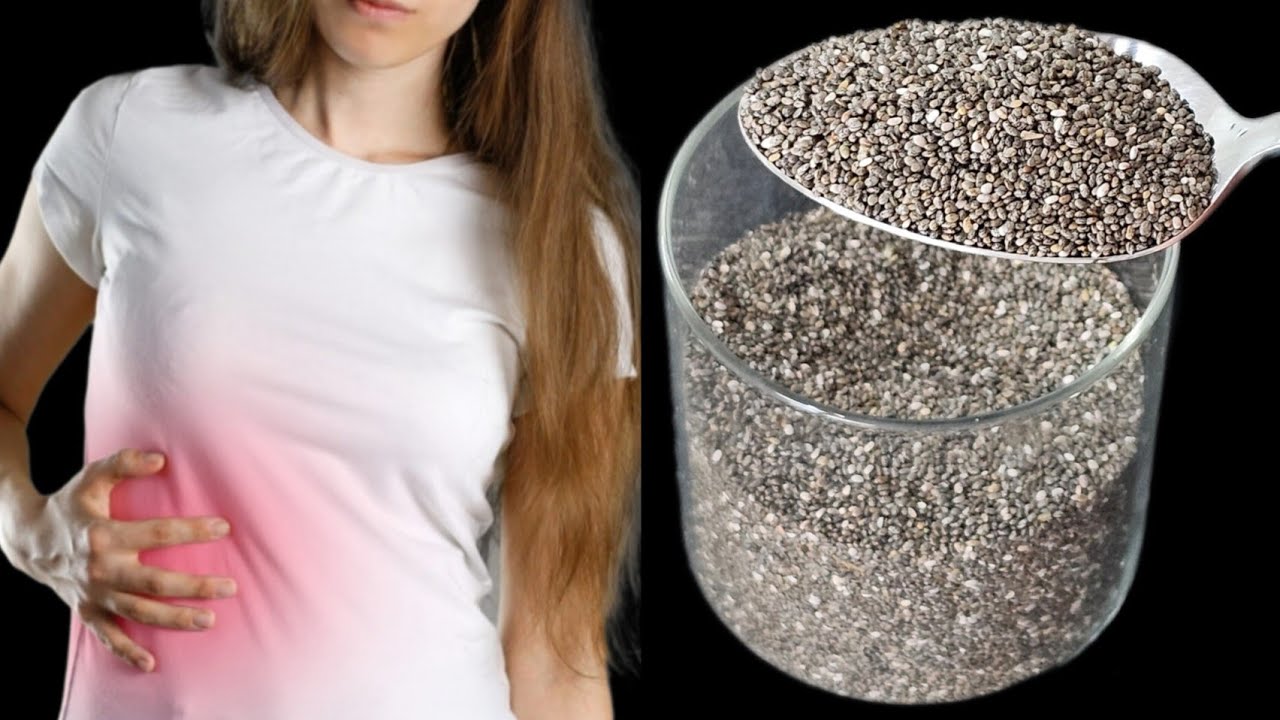
Beetroot juice is celebrated for its numerous health benefits, including improved blood flow, lower blood pressure, and increased exercise performance. However, like any food or supplement, it can have side effects, especially when consumed in large amounts. Here are seven potential side effects of beetroot juice you should be aware of:
1. Beeturia
Beeturia is a harmless condition where urine turns a reddish color after consuming beets or beetroot juice. This is due to the natural pigments in beets, known as betalains, and is more common in individuals with low stomach acid.
2. Kidney Stones
Beetroot juice is high in oxalates, compounds that can contribute to the formation of kidney stones in susceptible individuals. If you have a history of kidney stones, it might be best to limit or avoid consuming beetroot juice.
3. Stomach Upset
The high levels of betaine in beetroot juice can cause gastrointestinal issues in some people, such as nausea, stomach upset, and diarrhea. This is more likely to occur if the juice is consumed on an empty stomach.
4. Low Blood Pressure
Beetroot juice is known for its ability to lower blood pressure. While generally beneficial, it can cause blood pressure to dip too low in some individuals, especially those already on blood pressure medication.
5. Increased Risk of Gout
The oxalates found in beetroot juice can also lead to an increased risk of gout, a type of arthritis that involves severe pain and inflammation in the joints. This occurs when uric acid builds up in the blood.
6. Colored Stools
Just as beeturia affects the color of urine, consuming beetroot juice can also change the color of stools to a reddish hue. While this is generally harmless, it can be alarming if unexpected.
7. Allergic Reactions
Although rare, some people may experience an allergic reaction to beetroot. Symptoms could include hives, itching, or even anaphylaxis in severe cases. If you notice any signs of an allergic reaction after consuming beetroot juice, seek medical attention immediately.
Consumption Tips:
-
Moderation: To minimize side effects, it’s best to consume beetroot juice in moderation. Start with small amounts to see how your body reacts.
-
Mix with Other Juices: Diluting beetroot juice with other juices like apple or carrot can lessen the intensity of the beetroot and reduce the risk of side effects.
-
Medical Consultation: If you have any underlying health conditions or are taking medication that could interact with beetroot juice, consult with a healthcare provider before adding it to your diet.
While beetroot juice offers numerous health benefits, being aware of these potential side effects will help you enjoy it safely and healthily.





